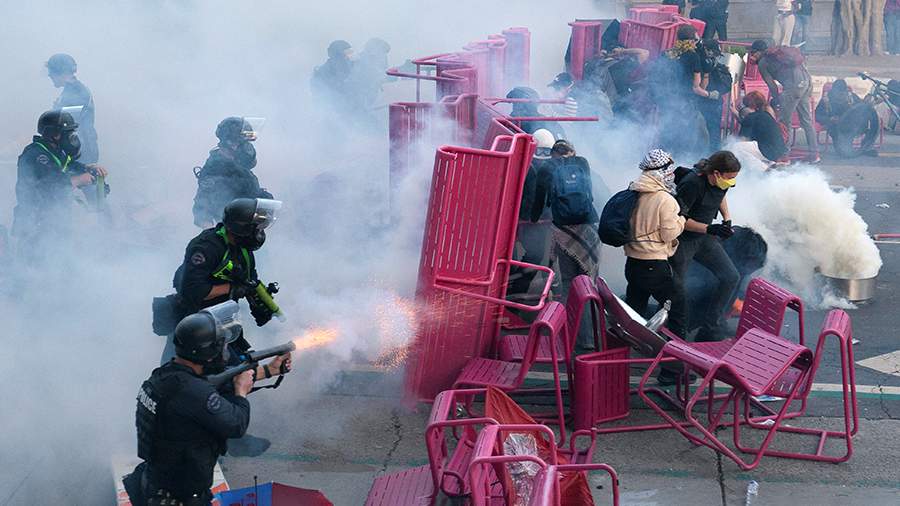
Background:
- Rodrigo Duterte’s presidency (2016-2022) was marked by his controversial “war on drugs,” which resulted in thousands of deaths. Human rights organizations and international bodies alleged that many of these deaths were extrajudicial killings.
- The ICC opened an investigation into these alleged crimes against humanity.
- The Philippines, under Duterte, withdrew from the ICC in 2019. However, the ICC maintains that it has jurisdiction over alleged crimes committed while the Philippines was a member.
Background: Duterte’s War on Drugs
Rodrigo Duterte, who served as the President of the Philippines from 2016 to 2022, gained international attention for his aggressive anti-drug campaign. During his presidency, Duterte encouraged law enforcement and civilians to take extreme measures against suspected drug users and dealers, resulting in thousands of deaths. Human rights organizations, including Amnesty International and Human Rights Watch, have documented widespread extrajudicial killings, with estimates of fatalities ranging from 12,000 to over 30,000.
Critics argue that the campaign violated international human rights laws, including the right to due process and the prohibition of extrajudicial killings. Duterte and his administration have consistently denied these allegations, claiming that the deaths were the result of legitimate police operations or clashes between drug gangs.
The ICC Investigation
In February 2018, the ICC opened a preliminary examination into the alleged crimes against humanity committed during Duterte’s war on drugs. The investigation was based on complaints filed by human rights groups and families of victims. The ICC’s jurisdiction allows it to prosecute individuals for crimes against humanity, war crimes, and genocide when national courts are unwilling or unable to do so.
In September 2021, the ICC announced that it would proceed with a formal investigation after finding “reasonable basis” to believe that crimes against humanity had been committed. However, the Philippine government, under Duterte’s leadership, challenged the ICC’s jurisdiction, arguing that the country had withdrawn from the Rome Statute (the treaty that established the ICC) in March 2019. The withdrawal took effect in March 2019, but the ICC maintains jurisdiction over crimes committed while the Philippines was still a member, from November 2011 to March 2019.
Duterte’s Response
Duterte has been vocal in his criticism of the ICC, dismissing it as a tool of Western powers and insisting that the Philippines has a functioning judicial system capable of addressing any allegations. He has repeatedly stated that he would not cooperate with the ICC and would refuse to recognize its authority. In 2022, after leaving office, Duterte reiterated his defiance, saying he would “die first” before facing trial at the ICC.
Developments in 2023
In 2023, the ICC’s investigation gained momentum. In January 2023, the ICC’s Pre-Trial Chamber authorized the resumption of the investigation after temporarily suspending it in November 2021 at the request of the Philippine government, which claimed it was conducting its own investigations. The ICC found that the Philippines’ domestic efforts were insufficient and not genuine, paving the way for the international court to proceed.
Human rights advocates welcomed the decision, viewing it as a crucial step toward accountability. However, the Philippine government, now under President Ferdinand Marcos Jr., has continued to oppose the ICC’s involvement, asserting that the country’s sovereignty must be respected.
Potential Arrest and Trial
As of October 2023, Rodrigo Duterte has not been arrested or formally charged by the ICC. The ICC does not have its own police force and relies on member states to enforce arrests. Since the Philippines is no longer a member of the ICC, any potential arrest would require cooperation from other countries or international bodies. This presents a significant challenge, as Duterte remains a influential figure in the Philippines and enjoys political support from key allies.
If the ICC issues an arrest warrant, Duterte could be detained if he travels to a country that is a member of the ICC. However, given his strong domestic support and the Philippine government’s stance, it is unlikely that he would be surrendered to the ICC voluntarily
The arrest and subsequent trial of former Philippine President Rodrigo Duterte at the International Criminal Court (ICC) in 2025 marks a significant moment in international justice. Here’s a summary of the key events:
The Arrest and ICC Proceedings:
- On March 7, 2025, the ICC’s Pre-Trial Chamber I issued a warrant of arrest for Rodrigo Duterte.
- On March 11, 2025, Philippine authorities, working with Interpol, arrested Duterte at Ninoy Aquino International Airport.
- He was then transferred to The Hague, Netherlands, to face trial at the ICC.
- On March 14, 2025, Duterte made his initial appearance before the ICC, where he was informed of the charges against him.
- The charges are crimes against humanity, specifically murder, related to the “war on drugs.”
- The ICC’s investigation focuses on alleged extrajudicial killings during his time as both the mayor of Davao City and president of the Philippines.
- There has been some political fallout within the Phillippines, with some political figures calling for investigations into the arrest itself.
Key Points:
- The ICC’s involvement underscores the ongoing debate about international accountability for human rights violations.
- The case has generated significant attention both in the Philippines and internationally.
- The arrest and following legal proceedings have created political tensions within the Phillippines.
- The trial is set to be a complex and lengthy process.
This situation is a developing story, and further details will emerge as the ICC proceedings continue.





